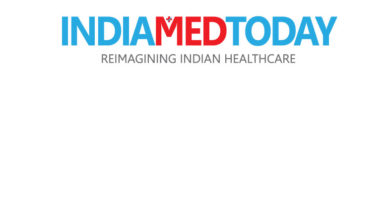Mushroom-derived bioactive compounds have potential to combat COVID-19 and other viral infections: Study

Researchers from IASST analyse the importance of edible mushrooms and natural compounds from mushrooms
Mushrooms are a popular source of food and North-East India is home to diverse groups of edible mushrooms. This increasing popularity of mushrooms led researchers from IASST, an autonomous institute of the Department of Science and Technology (DST) to critically analyse the importance of edible mushrooms and natural compounds from mushrooms to attenuate the complications against COVID-19 and other viral infections.
A research group led by Prof Ashis K Mukherjee, Director, IASST including Dr Aparup Patra, Dr MR Khan, Dr Sagar R Barge and Paran Baruah from IASST, Guwahati carried out an analysis of the current therapies against COVID-19 versus the potential of natural anti-infective, antiviral, anti-inflammatory, and antithrombotic products derived from a wide range of easily sourced mushrooms and their bioactive molecules.
In the review article, the scientists have assessed the roles and mechanisms of 13 different mushroom-derived bioactive compounds in preventing SARS-CoV-2 infection and the pathophysiology associated with its infection, such as lung infection, inflammation, cytokine storm, and thrombotic and cardiovascular effects.
Their study said that mushrooms contain bioactive polysaccharides and compounds with immunomodulating, antiviral, antibacterial, antifungal, and other medicinal properties. It also said that mushroom-based drugs are being tested in human trials, with promising results against SARS-CoV-2.
The main advantages of using edible mushrooms against viral infections are- they can be used as a nutraceutical supplement with no side effects and can act as an immunity booster.
The study in the Journal of Fungi also suggests that there are huge opportunities for a better understanding of the role of mushroom-derived bioactive compounds through in-depth pre-clinical and clinical studies. In this regard coordination between researchers, health professionals, and policymakers is warranted.
PIB

